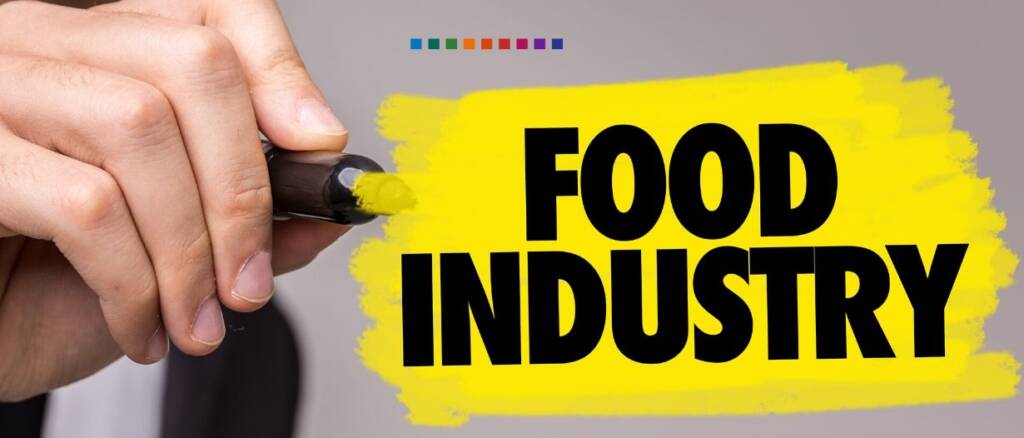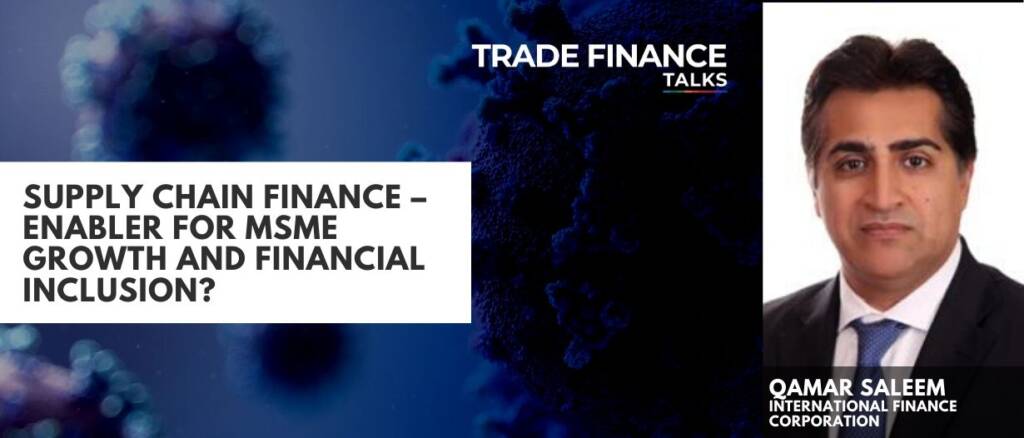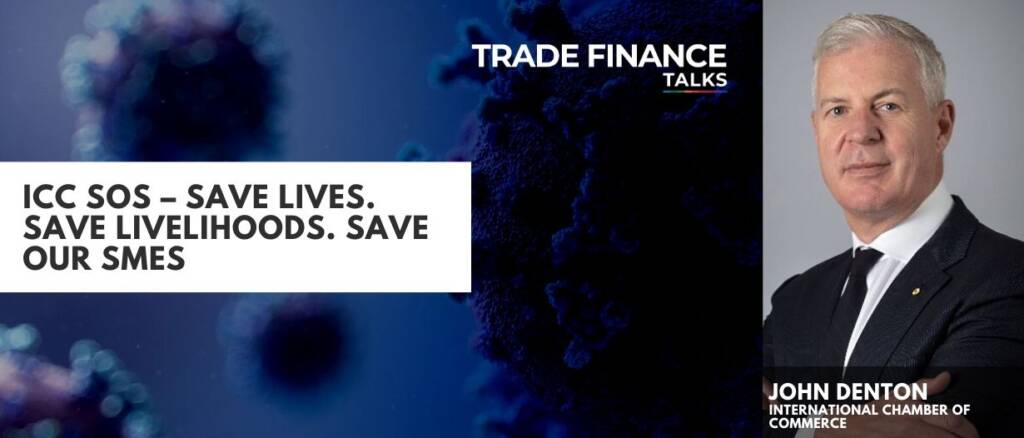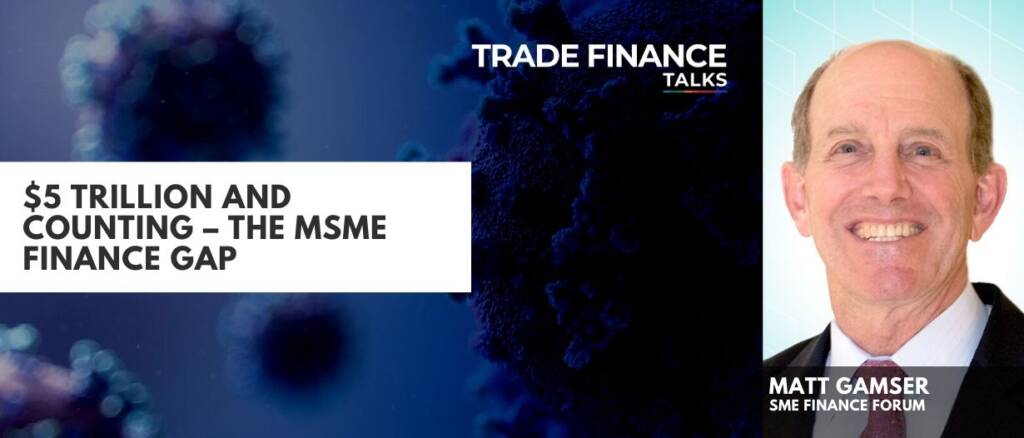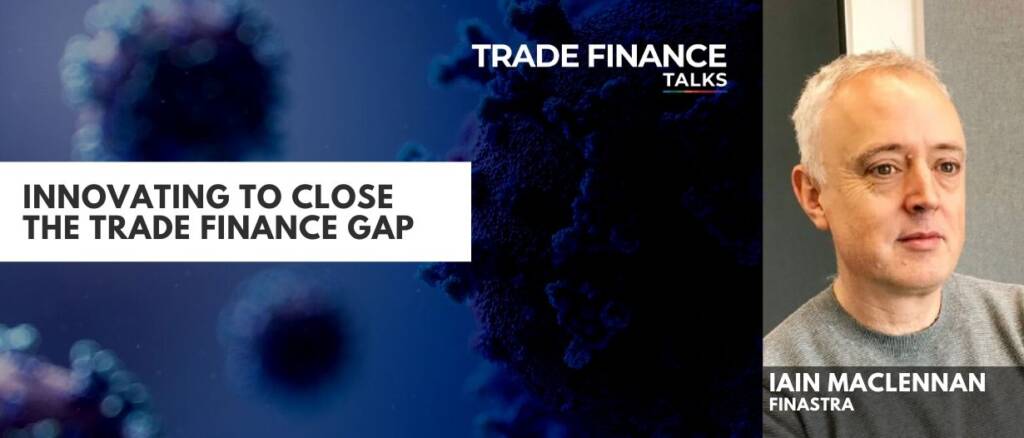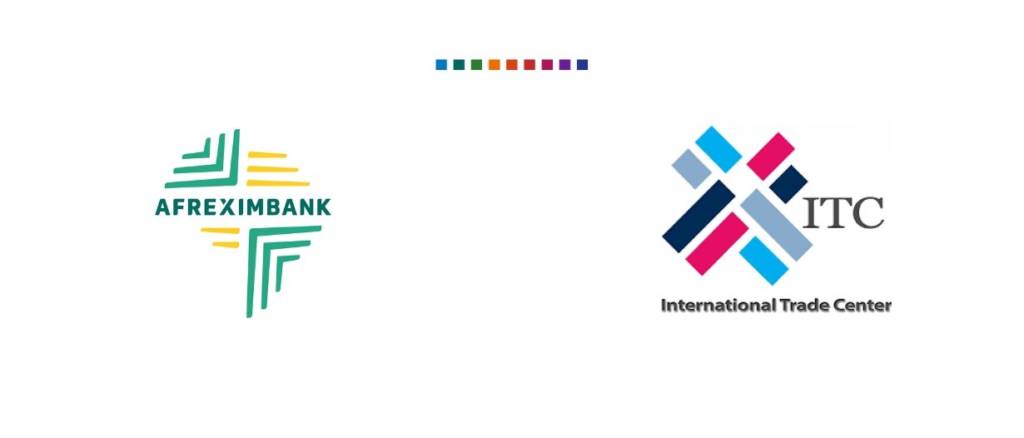Package of measures designed to turbo charge UK food and drink as the world recovers from coronavirus The plan will provide unprecedented help for SMEs and allow them to capitalise… read more →
SMEs need to explore innovative financing options like trade credit insurance as they plan and prepare for the “new normal”.
TFG heard from IFC’s Qamar Saleem on the impact of Supply Chain Finance on domestic banks (and in turn, MSMEs,) in emerging and developing markets.
TFG heard from ICC’s Secretary General John Denton and talked about actions needed from governments, private sector leaders and international institutions to ensure the continued viability of our MSMEs.
Debtor Finance is a simple, viable alternative to consider for relatively quick access to working capital funding.
Dhaka – 11 June 2020: The International Islamic Trade Finance Corporation (ITFC), member of the Islamic Development Bank (IsDB) Group, has approved a US$15 million Murabaha Financing Facility in favour of City… read more →
TFG caught up with IFC’s SME Finance Forum CEO, Matt Gamser on MSME’s importance in real-world economic growth, job creation, and innovation.
TFG heard from Iain MacLennan, VP Trade & Supply Chain Finance, Finastra on how blockchain and DLT can close in the trade finance gap experienced by SMEs.
The African Import-Export Bank (Afreximbank) and International Trade Centre (ITC) team up to help businesses make the most of the African Continental Free Trade Area. Cairo/Geneva, 3 June 2020 –… read more →
The WTO Secretariat has published an information note looking at how micro, small and medium-sized enterprises (MSMEs) are being affected by the COVID-19 pandemic. It notes the impact of supply… read more →















